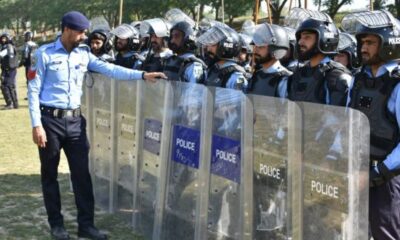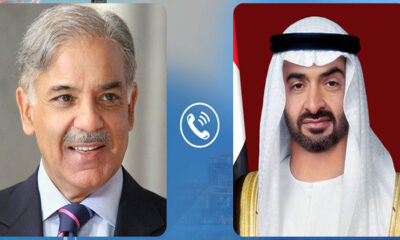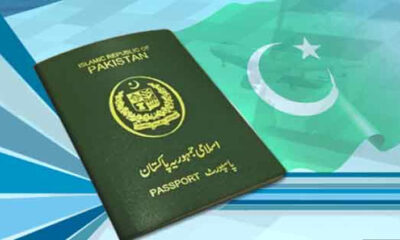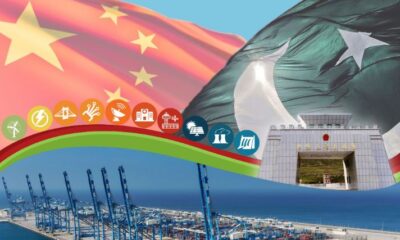Money
CM Murad approved Rs5.5 billion to start the project of Smart Safe City.

Latest News
IHC suspends the naan and roti price reduction notification.
Latest News
UNICEF will donate $20 million to youth initiatives in Pakistan.
Latest News
Pakistani reforms discussed by IMF chief and finance minister
-

 Latest News3 days ago
Latest News3 days agoThe women’s team from Pakistan travels to England for a white-ball series.
-

 Business3 days ago
Business3 days agoSaudi investment and falling inflation cause Pakistani stocks to soar.
-

 Pakistan3 days ago
Pakistan3 days agoTo discuss privatisation with the government, Bilawal establishes a committee.
-

 Education2 days ago
Education2 days agoThe establishment of IT labs in Islamabad’s educational establishments
-
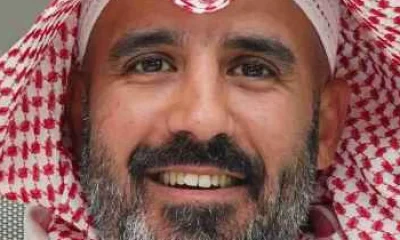
 Business3 days ago
Business3 days agoSaudi investment is most suited for Pakistan, according to Ibrahim Al-Mubarak
-

 Business3 days ago
Business3 days agoNine months yields Rs66 billion for Pakistan Railways.
-
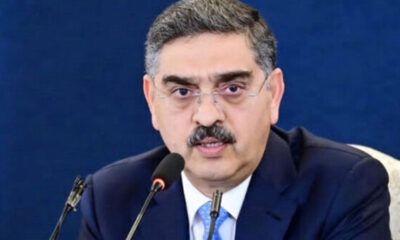
 Latest News3 days ago
Latest News3 days agoThe wheat controversy is downplayed by Anwar-ul-Haq Kakar as a “storm in a teacup.”
-

 Latest News2 days ago
Latest News2 days agoPresident Zardari lists the government’s key priority as Balochistan’s prosperity.

